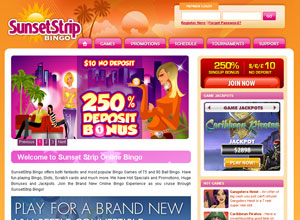Bingo Social Network is now becomes very popular. Despite its continent wide popularity, bingo the popular game of numbers, dabbers and letters remains a relatively stigmatized and understudied social phenomenon. Speaking to a group of Congress delegates Wednesday, Jeff Dudar, a master’s student in sociology at the University of Regina, explained that bingo is “asocially social,” as presented in his thesis entitled Under the ‘B’ourdieu: Social Networks in the Field of Bingo.
What social networks exist in the bingo and if these networks extend beyond the game, what bingo means to a bingo player. Social networks developed by bingo players are characterized by anonymity players can be part of a crowd while playing what is really an individual game.
Of course, the social draw of bingo is undeniable. Players talking and laughing with each other. The social nature of bingo is unique. Indeed, someone would cry at the bingo hall and her fellow players would give her the time and space to grieve.
To the skilled player or the natural with numbers, bingo might be an easy game. And the game’s ease seems to be its attraction. Part of what keeps people coming back to bingo is a need to do something.



